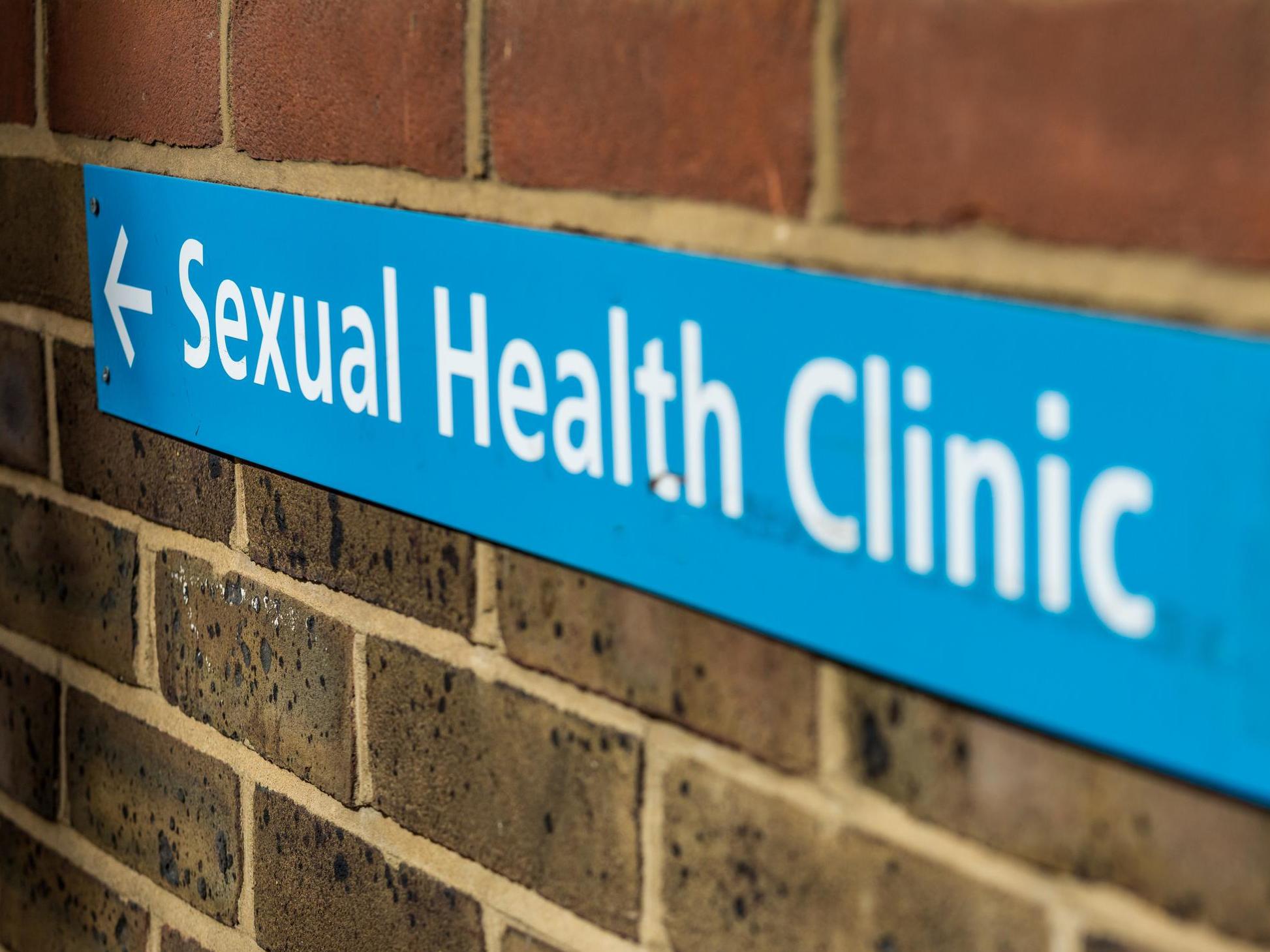Sexually transmitted infections increasing among older people, charity finds
'Public health messages around sexual health need to recognise the reality that sex is a part of many people’s later lives'

Your support helps us to tell the story
From reproductive rights to climate change to Big Tech, The Independent is on the ground when the story is developing. Whether it's investigating the financials of Elon Musk's pro-Trump PAC or producing our latest documentary, 'The A Word', which shines a light on the American women fighting for reproductive rights, we know how important it is to parse out the facts from the messaging.
At such a critical moment in US history, we need reporters on the ground. Your donation allows us to keep sending journalists to speak to both sides of the story.
The Independent is trusted by Americans across the entire political spectrum. And unlike many other quality news outlets, we choose not to lock Americans out of our reporting and analysis with paywalls. We believe quality journalism should be available to everyone, paid for by those who can afford it.
Your support makes all the difference.Sexually transmitted infections are on the rise among older people, new research has found.
A study conducted by the charity Age UK found that for those aged 65 and over, the rate of STI diagnoses rose by 23 per cent between 2014 and 2018.
The research identified a significant disparity between the sexes for those aged 45 to 64, with men in this group accounting for 23,943 cases of STIs in 2018, which is 18 per cent more than they did in 2014.
Meanwhile, women aged 45 to 64 accounted for 8,837 STI cases last year, which is a four per cent rise since 2014.
Overall, the analysis shows that middle-aged men are three times more likely to be diagnosed with an STI, such as chlamydia or gonorrhoea, than women.
In light of the findings, Age UK has launched a social media campaign to highlight the risks of STIs for people of all ages, given that previous research has focused on the rise of such conditions among young people.
Caroline Abrahams, charity director at Age UK, said the increasing rates of STIs among older people can partly be blamed on stigmas surrounding sexuality and sexual health conditions.
“Sex continues to be important for many of us well into old age, but for some reason the whole topic remains taboo in some circles,” she said.
“This is a shame and it also means that sexually active older people are at greater risk of STIs than they need to be or ought to be.”
In order to address the problem, Abrahams urged health professionals to be more open about discussing sexual health with older people “and certainly not immediately jump to the conclusion that sex is irrelevant once you pass a certain birthday”.
Abrahams continued: “Public health messages around sexual health and STI prevention also need to recognise the reality that sex is a part of many people’s later lives and aim to be inclusive of people of all ages.”
Join our commenting forum
Join thought-provoking conversations, follow other Independent readers and see their replies
Comments